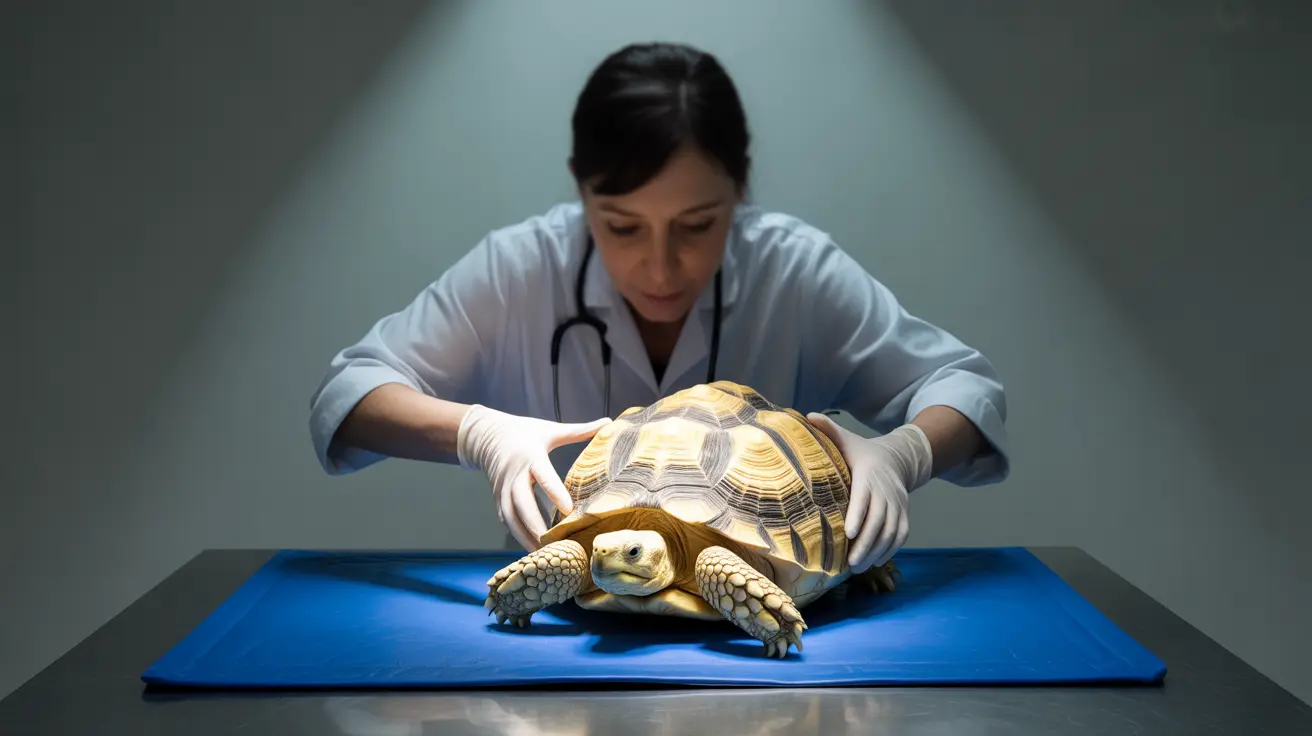The fascinating world of animal pharmacology plays a crucial role in veterinary medicine, ensuring safe and effective treatments for creatures of all sizes. Animal pharmacologists serve as essential partners to veterinarians, analyzing biological samples and developing precise treatment protocols for species ranging from household pets to exotic wildlife like beluga whales.
These specialized scientists work behind the scenes, employing advanced technology and methods to understand how different medications interact with various animal species. Their expertise helps veterinarians make informed decisions about drug dosages, timing, and potential interactions, ultimately leading to better health outcomes for animals in their care.
The Critical Role of Veterinary Pharmacologists
Veterinary pharmacologists serve as medical detectives, analyzing samples from diverse species to ensure treatments are both safe and effective. Their work encompasses everything from common household pets to exotic creatures, making them invaluable resources in modern veterinary medicine.
Advanced Testing Methods in Veterinary Medicine
One of the primary tools in an animal pharmacologist's arsenal is LC-MS/MS (liquid chromatography-mass spectrometry), a sophisticated testing method that can detect minute traces of drugs in animal samples. This technology, combined with QuEChERS sample preparation techniques, allows for precise monitoring of medication levels and their metabolites in different species.
Ensuring Drug Safety Across Species
Veterinary Drug Regulations and Monitoring
Drug safety monitoring in animals requires careful attention to species-specific factors. What works safely for one animal might be dangerous for another, making the role of veterinary pharmacologists crucial in developing appropriate dosing guidelines and monitoring protocols.
Clinical Pharmacology Considerations
When working with exotic animals, pharmacologists must account for unique physiological differences that affect how drugs are processed. This specialized knowledge helps veterinarians adjust treatment plans according to each species' specific needs.
Drug Residue Testing and Food Safety
For livestock and food-producing animals, veterinary pharmacologists play a vital role in ensuring that drug residues remain within safe limits. This work protects both animal health and human food safety, demonstrating the broader impact of veterinary pharmacology on public health.
Frequently Asked Questions
What does an animal pharmacologist do to help treat my pet?
Animal pharmacologists analyze biological samples (like blood and tissues) and provide veterinarians with crucial information to create safe, effective treatment plans tailored to different animal species, including pets.
How do pharmacologists detect drug residues in animals and why is it important?
They use advanced testing methods such as liquid chromatography–mass spectrometry (LC-MS/MS) and QuEChERS sample prep to detect tiny traces of veterinary drugs, ensuring treatments are safe and do not leave harmful residues that could affect animal or human health.
Why is drug monitoring different for exotic pets compared to dogs or cats?
Exotic species like penguins or beluga whales have unique physiologies, so animal pharmacologists tailor drug analysis and dosing precisely to these species to avoid side effects and ensure effective treatments.
Advancing Animal Healthcare Through Science
The work of animal pharmacologists continues to evolve with advancing technology and growing knowledge about different species' unique needs. Their expertise ensures that veterinarians can provide the safest and most effective treatments possible for all animals under their care.
This specialized field demonstrates the complexity and importance of proper medication management in veterinary medicine. Whether working with domestic pets or exotic species, animal pharmacologists help ensure that our animal companions receive the most appropriate and safest medical care possible.






